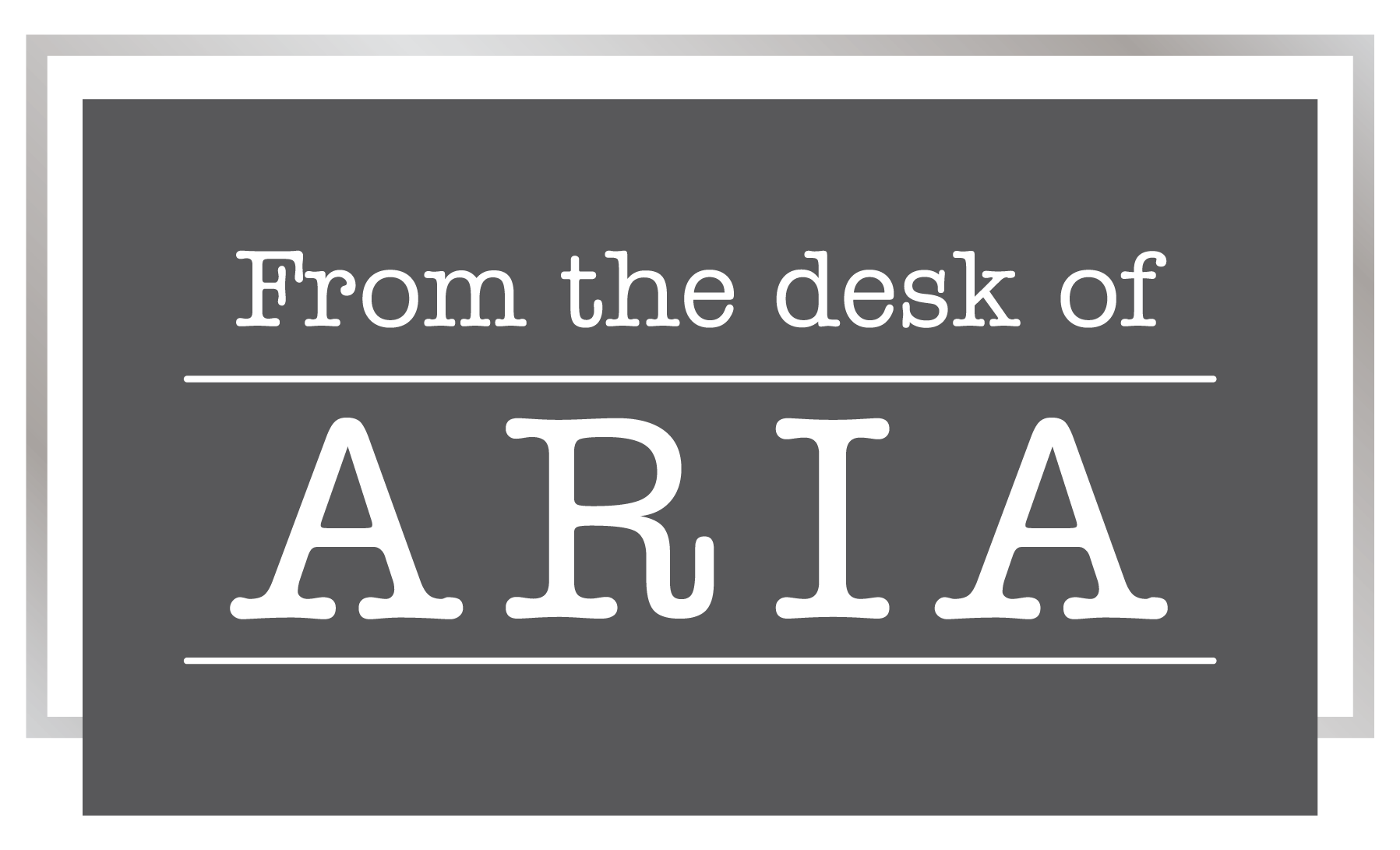
A “Gutsy” Takeaway: How Comedy Can Break Sexist Barriers

A “Gutsy” Takeaway: How Comedy Can Break Sexist Barriers
Women don’t get much of a sex education, if any at all. In Gutsy, Hillary and Chelsea Clinton interview empowered, inspirational, gutsy women about gender equity, womanhood, and sex. In their first episode, they interview several comedians, including Amy Schumer and Wanda Sykes. Each interviewee uses comedy to talk about important, overlooked subjects like gender disparities, race disparities, and sexual education. These strong women talk not only about these subjects, but also about how much they should be talked about. Women’s sexual education is ignored. No system is teaching us what we need to know, and we are all dangerously uninformed about our own bodies. These comedians are challenging this harmful status quo, instead starting positive, women-friendly dialogue.
Comedian and actress Amy Schumer is widely recognized as a feminist icon known for her bold and unflinching approach to discussing the often-uncomfortable realities of womanhood. In her feature in the pilot episode of Gutsy, she addresses the shortcomings when it comes to women’s health issues. Recently, Schumer was diagnosed with endometriosis, a condition that causes cells similar to those in the uterus to grow outside of it, resulting in debilitating pain. She highlights how her initial concerns were dismissed as just “normal cramps” and how little research has been done on the condition, despite being very common among women. She feels that doctors focus all of their attention on men. She jokes that when she asked what her next steps in treating her endometriosis were, the doctors replied “We’re so sorry, we haven’t been able to study it because it only happens to women.” Schumer highlights the availability of chewable Viagra as a tongue-in-cheek example: “If it’s a d*ck-mergency they’ve got it covered.” Through this comedic commentary, she highlights the disparity in healthcare for men and women, and points out how little doctors are advocating for women. Our sexual education in America is not comprehensive, so many times women do not know when they need to have check ups, and they aren’t receiving much guidance. In a study published by the National Women’s Law Center, it was found that women are more likely to be misdiagnosed or receive inadequate treatment than men, which can lead to worse health outcomes and higher mortality rates. Even more, women face a higher burden of chronic conditions such as diabetes, hypertension, and heart disease, with fewer preventive screenings, leading to late detection of serious health problems. Sexual education is not just about STDs and pregnancies, but also about healthcare and anatomy.
Schumer brings up another important topic: the glorification of pregnancies. “In movies, you just see a woman pee on a stick and then she’s, like, in overalls painting a brain, as you know laughing like so happy and that’s it.” Schumer adds that this is so not realistic. “[it’s] like a living hell.” Schumer was very candid with her pregnancy symptoms, sharing her own experience of daily vomiting. She emphasizes the need for a more realistic and honest representation of pregnancy in the media, particularly for the benefit of young women who may not have access to information about the potential risks and challenges of pregnancy. Since our sexual education is so scarce, many aren’t truly aware of what pregnancy entails. In order for women young and old to understand and look out for their bodies, pregnancies in our homes and media must be discussed openly and honestly. Thankfully, Schumer is doing just this in her comedy shows; she addresses the hardships of pregnancy in a funny, casual manner.
Like Amy Schumer, comedian Wanda Sykes is real about her experiences as a woman. In particular, she addresses the lack of focus on women’s healthcare and the taboo nature of discussing postmenopausal issues. She recounts her experience of suffering from unbearable hot flashes during postmenopause and being prescribed Xanax by her doctor, which was completely inadequate and dismissive of her needs. Sykes feels this solution was practically saying “Give these b*tches a crazy pill”. Chelsea Clinton, in response to this unsettling story, also highlights how this attitude perpetuates the trope of “hysterical women”. Women are always treated as if they are overreacting, and not met with empathy or real healthcare solutions. Women often feel isolated and unsupported during their experiences like postmenopause, even though every other woman is going through the same thing. Sykes is determined to raise awareness and break the silence around these issues through comedy and encourages more conversations and research on women’s health.
Another amazing woman that appeared on Gutsy is comedian Maysoon Zayid. Zayid uses her platform to address the false stereotypes surrounding her identity as a disabled woman. She explains that people with disabilities are infantilized and asexualized. On stage, Zayid openly talks about her sexual experiences, which is important due to the lack of sexual education available for people with disabilities in America. This lack of education is harmful because, as National Partnership For Women & Families puts it, “Since people with disabilities are so often seen or portrayed as desexualized,” sexual education is needed to “affirm that people with disabilities are sexual beings”. Desexualization erases and invalidates the sexuality of those with disabilities, and can lead to feelings of shame and inadequacy. It can also create a barrier to meaningful relationships, sexual expression, and access to information about sexuality. It is important for society to recognize that individuals with disabilities are just as capable of expressing their sexuality in healthy ways as those without disabilities. Zayid’s conversations remind society of the fundamental right of individuals with disabilities to define their own sexuality.
Sex education is associated with developing younger women, but women are constantly developing and
changing, and sex education shouldn’t stop with our age. Because of our system, fifty-year-old women are sometimes just as clueless as twenty-year-old women. Experience does not fulfill all of your education, so we need our doctors, books, and media to be helping us. Starting conversations is the first step in expanding women’s sexual education. Comedians are doing just this. And so are Hillary and Chelsea Clinton in their new show, Gutsy. This show is responding to and participating in important conversations. It is vital for everyone to engage in these conversations about women, our bodies, and our sexuality. And you can start by watching the empowering, feminist show Gutsy.
